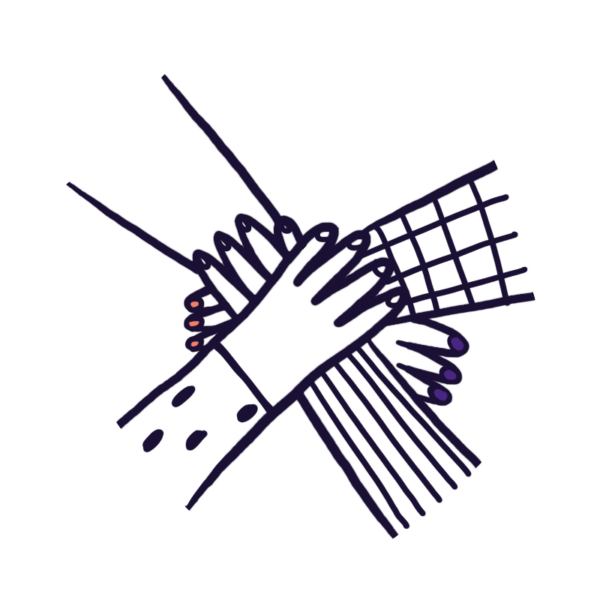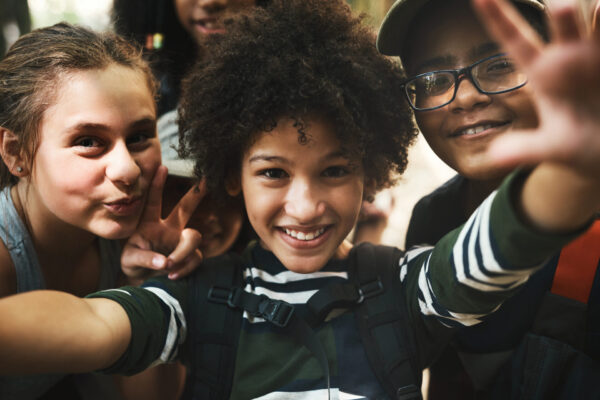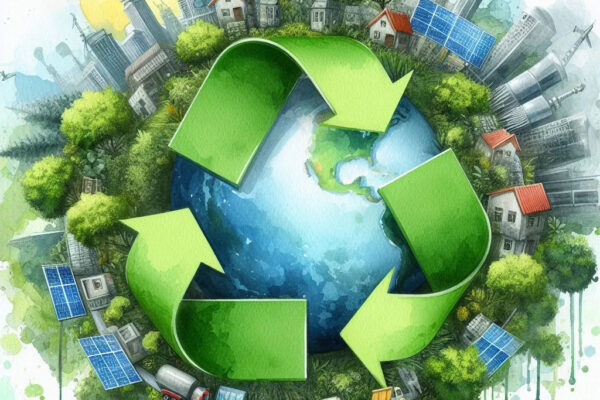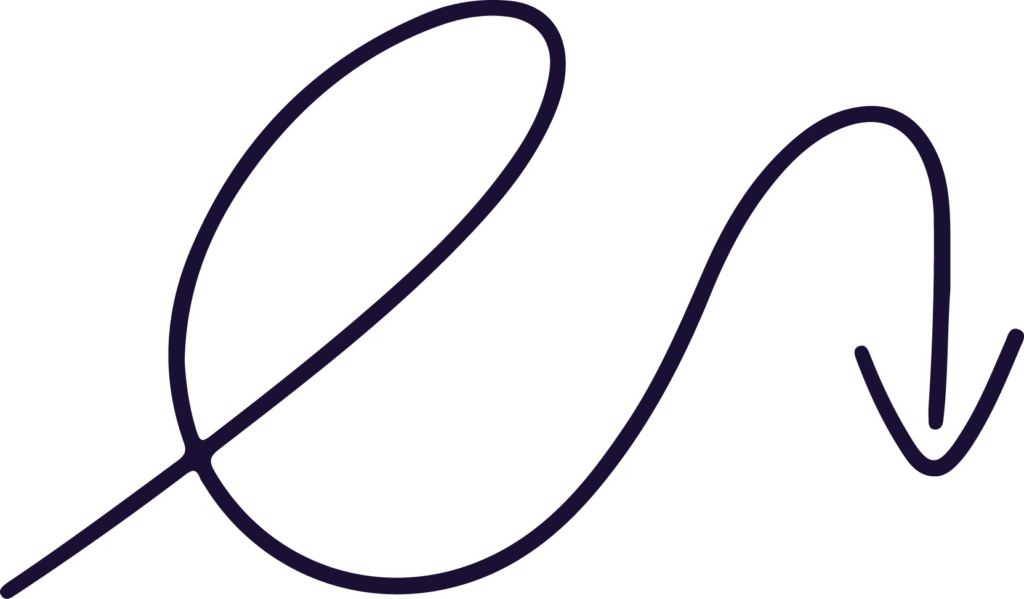
OUR MISSION
We aim to revolutionize secondary school education by integrating Circular Economy principles and fostering sustainable consumer behavior among the youth. Recognizing the impending resource shortages, our mission is to equip teachers and schools with engaging and effective tools to influence pupils’ sustainable consumption habits.
Through a collaborative international effort of HEIs and NGOs, the project will implement innovative activities encompassing research, practical actions, and educational materials. Our project seeks to transform educational schemes, providing research-based guidelines, innovative instructional resources, and comprehensive training for teachers to inspire and empower the next generation in circular economy practices.
SUSTAINABILITY
Sustainability is at the heart of ETCASE. In the face of limited resources and pressing environmental challenges, we urgently need a shift towards a circular economy. We want to drive this change from the grassroots level – through educating the next generation. By sensitizing and inspiring young people for sustainability, we lay the foundation for a society and economy in harmony with nature. With innovative teaching methods and hands-on activities, we show that sustainability is fun and everyone’s business. Today’s students are tomorrow’s changemakers!
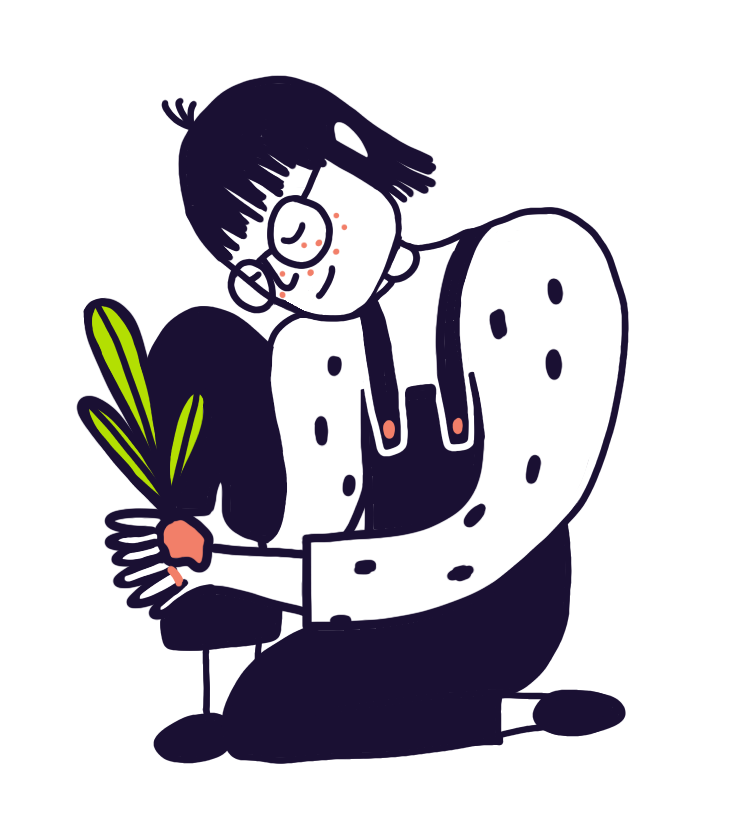

ERASMUS+ PROJECT
ETCASE is funded by the European Union’s Erasmus+ program and unites 8 partners from 6 countries. This strategic partnership brings together a diverse range of institutions, each contributing their unique expertise and resources to the project. By fostering cross-border collaboration and knowledge exchange, we aim to develop innovative, high-quality solutions for integrating Circular Economy Education into secondary schools across Europe.
Our consortium includes renowned universities and experienced sustainability NGOs, ensuring a balanced mix of academic rigor and practical know-how.
Duration: November 2023 – October 2026
Action type : Cooperation partnerships in school education (KA220-SCH)
Project No 2023-1-CZ01-KA220-SCH-000160685
DETAILS OF THE PROJECT
ETCASE runs over 3 years (11/2023 – 10/2026) and comprises 3 interconnected modules:
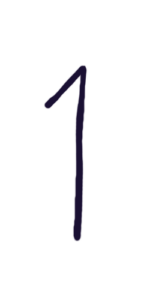
RESEARCH & INNOVATION
Insights into attitudes and behaviors of youth regarding the circular economy through surveys, experiments, and innovation labs. Development of a handbook as a basis for teaching.
ON-SITE ACTIVITIES
Design and testing of measures to actively involve students and schools, e.g., through re-use centers, workshops, and competitions.
EDUCATIONAL MATERIALS
Development of innovative, target group-specific teaching materials and training concepts for teachers to integrate circular economy topics into the curriculum. Through this holistic approach, we aim to sustainably empower secondary schools to firmly establish Circular Economy Education in everyday school life.
PARTNERS OF THE PROJECT
VSB-Technical University of Ostrava
VSB-Technical University of Ostrava (VSB-TUO) is a public institution with over 170 years of history, educating approximately 12,000 students annually across seven faculties and five research centers. The university excels in technical education, offering programs in IT, biomedicine, economics, material technology, mining, and construction. A key component of VSB-TUO is the Centre for Energy and Environmental Technologies (CEET), which focuses on sustainable energy and environmental technologies. The Faculty of Economics (FE) at VSB-TUO, involved in many international projects, will directly contribute to the project, bringing expertise in green transformation and economic research. The university is actively involved in research on the transition of coal regions and provides extensive further education programs.

UNIVERSITY OF ECONOMICS IN KATOWICE
The University of Economics in Katowice (UEK), founded in 1937, is the largest and oldest business school in the region, educating around 8,000 students annually across its Bachelor, Master, and Doctoral programs. Located in Upper Silesia, the university focuses on business and economics education, preparing graduates for modern labor market demands. Known for its commitment to research and international collaboration, UEK contributes to addressing regional and global economic challenges, including the green transformation.

UNIVERSITÀ
OF BARI ALDO MORO
The Department of Economics and Finance (DiEF) at the University of Bari is a multidisciplinary research unit with expertise in fields such as Economics, Mathematics, Statistics, IT, and Law. DiEF employs 64 academic staff and runs multiple degree programs, including an international Master in Economics of Globalisation and European Integration. The department is involved in numerous national and international research projects, focusing on topics like socio-economic risks, sustainability, and urban mobility. DiEF also engages in public initiatives to promote technological and social development and supports researchers’ mobility and innovation transfer.

ANHALT UNIVERSITY OF APPLIED SCIENCES
Anhalt University, a state university in Germany, offers innovative research and teaching at its campuses in Bernburg, Dessau, and Köthen. With around 8,000 students, the university emphasizes practical education and career readiness across its seven departments. It integrates project work and practical theses into its curriculum, ensuring students can apply their knowledge directly. Anhalt University is known for its small study groups, e-learning opportunities, and strong connections with industry, providing an ideal environment for starting a career in Germany or abroad.
Institute for Sustainable Development of Settlements
The Institute for Sustainable Development of Settlements (IURS) is a non-profit civil association in the Czech Republic, established in 2001. It aims to raise awareness of urban issues and support sustainable urban development. IURS collaborates with municipalities, offering expertise in spatial and urban planning, and has participated in various projects related to climate change mitigation and the EU green deal. It conducts educational activities for different audiences, including primary school children and university students, and provides training for municipal representatives.
University of Akureyri
Located in North Iceland, the University of Akureyri (UNAK) is known for its academic excellence and contribution to regional economic growth. UNAK offers programs across three schools: Business and Science, Humanities and Social Sciences, and Health Sciences, serving around 2,300 students. The university emphasizes flexible learning, with all courses available both on-campus and online. The Centre of Teaching and Learning (CTL) at UNAK supports faculty development in teaching methodologies and technology integration, ensuring high-quality education standards.
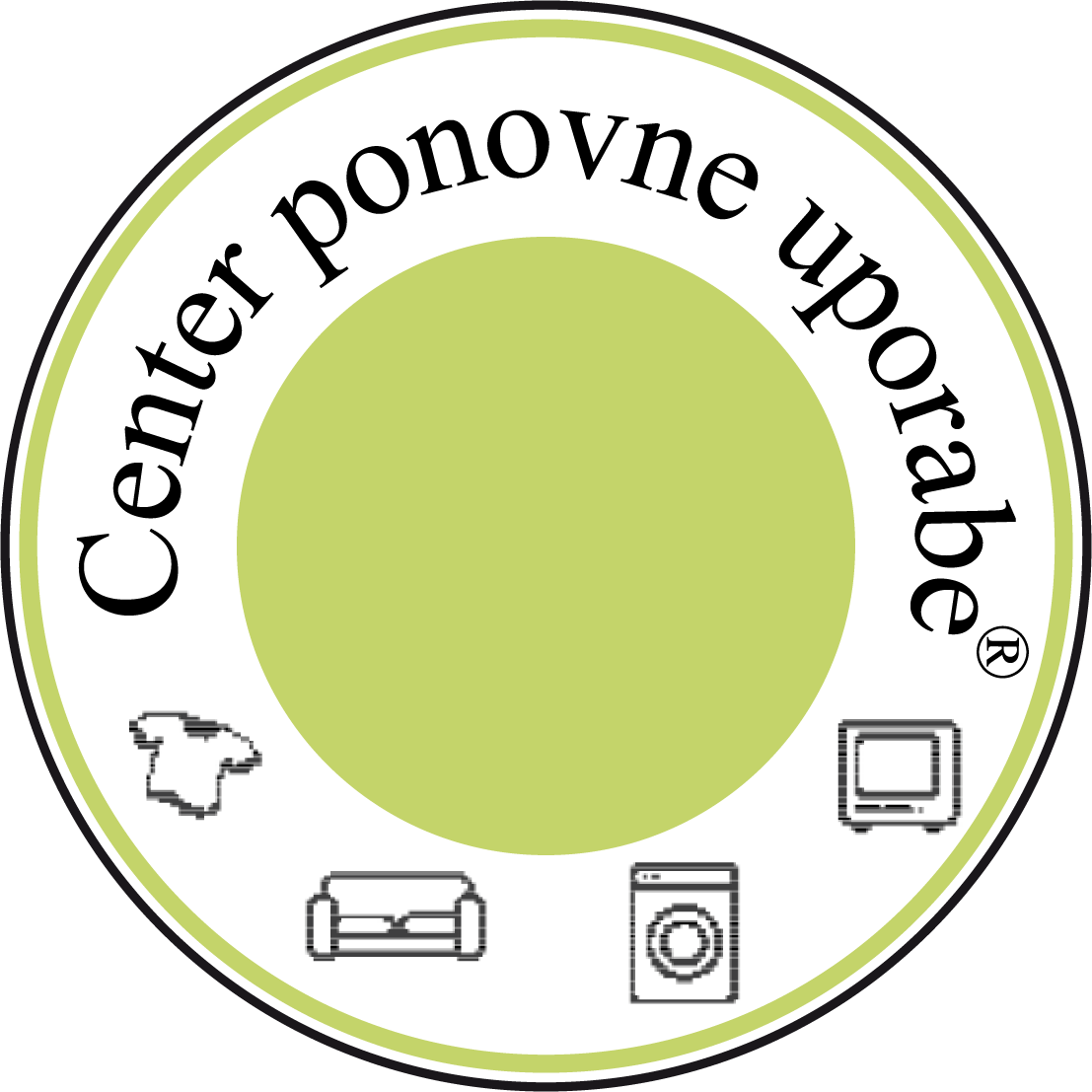
Center ponovne uporabe
CPU is a non-profit social enterprise in Slovenia, focusing on waste prevention and reuse activities. It operates a network of reuse centers and social activation programs, providing employment opportunities for the long-term unemployed. CPU’s activities include collecting, repairing, and selling reusable items, and it actively participates in international projects related to the circular economy. The organization combines expertise in social entrepreneurship, ecology, and support for vulnerable groups, promoting green social innovation and sustainable resource use.

GRID-Warsaw
The UNEP/GRID-Warsaw Centre, part of the National Foundation for Environmental Protection (NFOS), is an NGO established in 1991. It is a member of the Global Resource Information Database (GRID) network, focusing on sustainable natural resource management. NFOS/UNEP collaborates with national and international partners on various environmental and sustainability projects. It coordinates the SDG Partnership “Together for the Environment” and the Climate Leadership programme, supporting businesses in Poland on their path to climate neutrality. The centre also manages the GLOBE education program, enhancing students’ knowledge in sustainability and life sciences.
ACTIVITIES AND COMMUNITY
Our ETCASE Social Media Kit – Bring Circular Economy to Your Posts!
Want to post about sustainability and circular economy but don’t know how? No problem! We…
Introducing ETCASE: Empowering Secondary Schools for a Circular Economy
Hello everyone! We are thrilled to announce the launch of ETCASE – Education Towards Circular…
BE PART OF IT
Are you a teacher or school leader interested in testing our materials and activities?
Feel free to contact us – we look forward to bold schools that want to make the circular economy tangible with us!
The future starts now – be part of it and become part of ETCASE!
BECOME A MEMBER
As a company or organization in the field of Circular Economy, we invite you to join our supporter network. Let us learn from each other and achieve broad impact together.
Get in touch with us!
